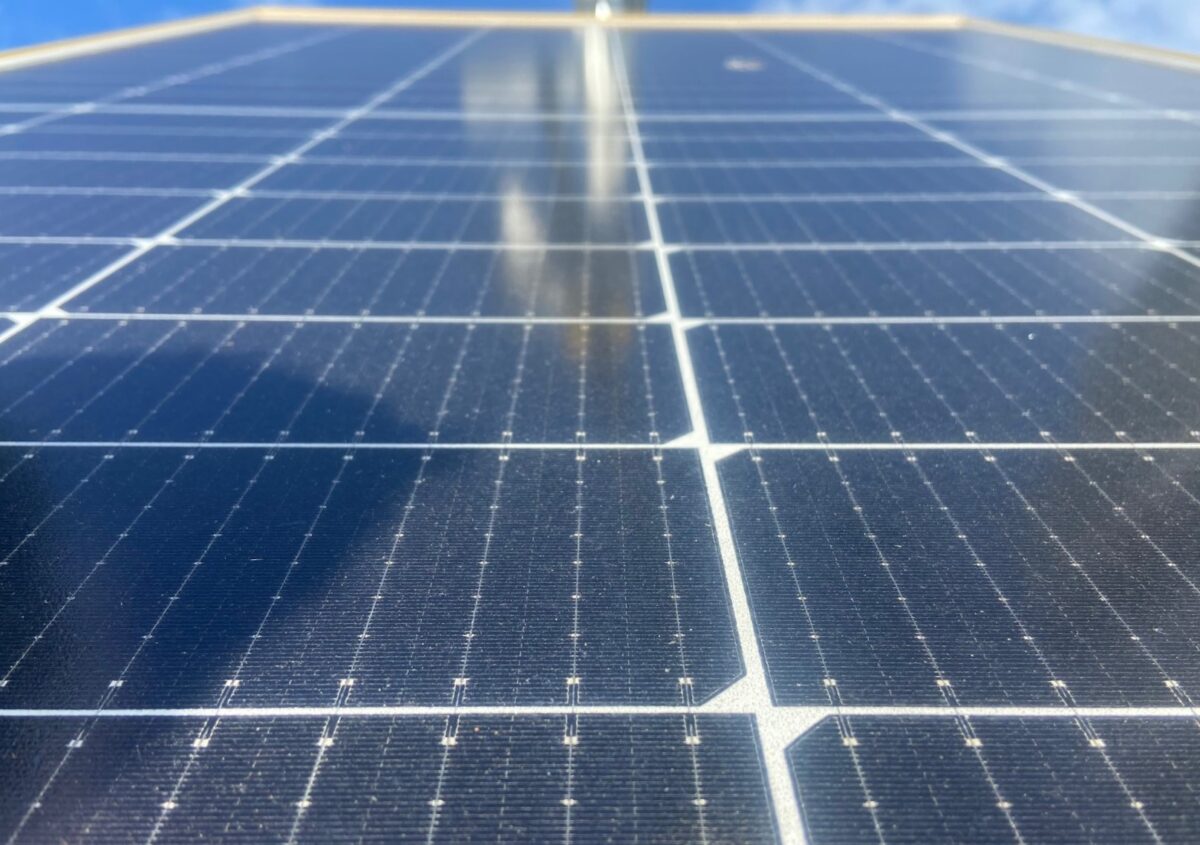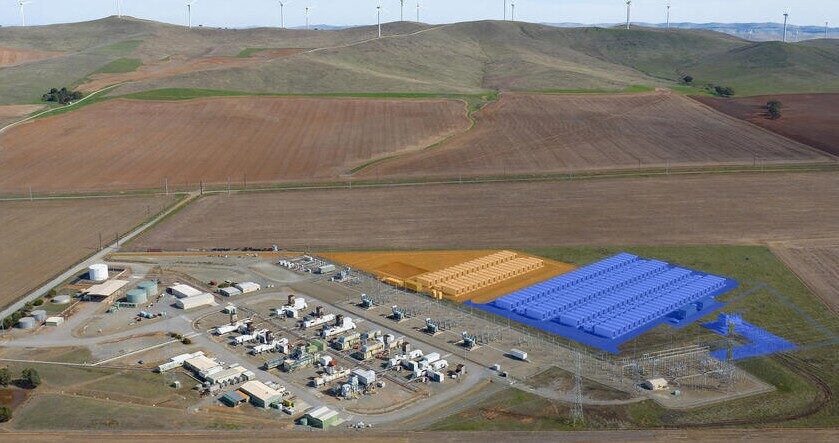Lithium Universe announced it has entered into a binding agreement to acquire the rights to a microwave solar panel recycling technology developed by researchers at Macquarie University in Sydney.
Under the agreement, the Perth-based company will acquire the Macquarie University-owned company New Age Minerals, that holds the exclusive licensing agreement to use and commercialise the Microwave Joule Heating Technology (MJHT).
MJHT utilises microwave energy to selectively heat the materials within a solar panel, softening the encapsulant and enabling easy delamination and separation of materials at room temperature. Delamination enables selective separation of materials without the need for mechanical crushing that can result in cross-contaminated material such as high-purity silicon, silver and critical metals such as gallium and indium and lower recovery rates.
The developers said the technology also avoids the use of costly hazardous chemicals such as nitric acid, sulphuric acid and hydrogen fluoride used in traditional processes and can safely preserve individual materials for reuse.
The Macquarie University team believes the technology can be easily integrated into existing solar panel recycling facilities and scaled for mass production without requiring major infrastructure changes.

Image: Macquarie University
Lithium Universe Executive Chairman Iggy Tan said solar panel waste is a growing problem, particularly given the valuable critical metals that are left behind, and the microwave technology offers a promising solution to the challenge.
“The growing accumulation of solar panels in landfills is an increasing problem, and more importantly, valuable critical metals like silver, silicon, gallium, and indium, which could be reprocessed, are being lost,” he said. “Macquarie University’s MJHT offers a promising solution to these challenges, enabling higher recovery rates and more sustainable recycling processes.”
“We firmly believe that this technology represents the future of solar panel waste management.”
The International Energy Agency has forecast the world will be dealing with up to 8 million tonnes of waste solar modules by 2030 and 60–78 million tonnes by 2050. By 2025, Australia alone is expected to accumulate 1 million tonnes of solar panel waste valued at more than $1 billion.
Lithium Universe said in a statement it will work with the Macquarie team to help accelerate the research and development of MJHT and develop a commercialisation pathway.
Tan said the initiative aligns with the company’s strategy of securing and commercialising critical materials essential for the clean energy transition.
The cost to secure the global rights to MJHT consists of an upfront payment of $33,900 to Macquarie University to reimburse costs associated with registering the technology. Lithium Universe will make an annual $20,000 cash payment within 30 days of each anniversary of the commencement of the licensing agreement, beginning in 2027 until 2042.
New Age Materials will pay a 3% royalty on the annual gross sales of products or services using the technology. Agreed milestones, including successful plant commissioning and first production, will incur further payments.
Completion of the acquisition remains conditional on Lithium Universe completing legal due diligence, expected before the end of the month.
This content is protected by copyright and may not be reused. If you want to cooperate with us and would like to reuse some of our content, please contact: editors@pv-magazine.com.









By submitting this form you agree to pv magazine using your data for the purposes of publishing your comment.
Your personal data will only be disclosed or otherwise transmitted to third parties for the purposes of spam filtering or if this is necessary for technical maintenance of the website. Any other transfer to third parties will not take place unless this is justified on the basis of applicable data protection regulations or if pv magazine is legally obliged to do so.
You may revoke this consent at any time with effect for the future, in which case your personal data will be deleted immediately. Otherwise, your data will be deleted if pv magazine has processed your request or the purpose of data storage is fulfilled.
Further information on data privacy can be found in our Data Protection Policy.